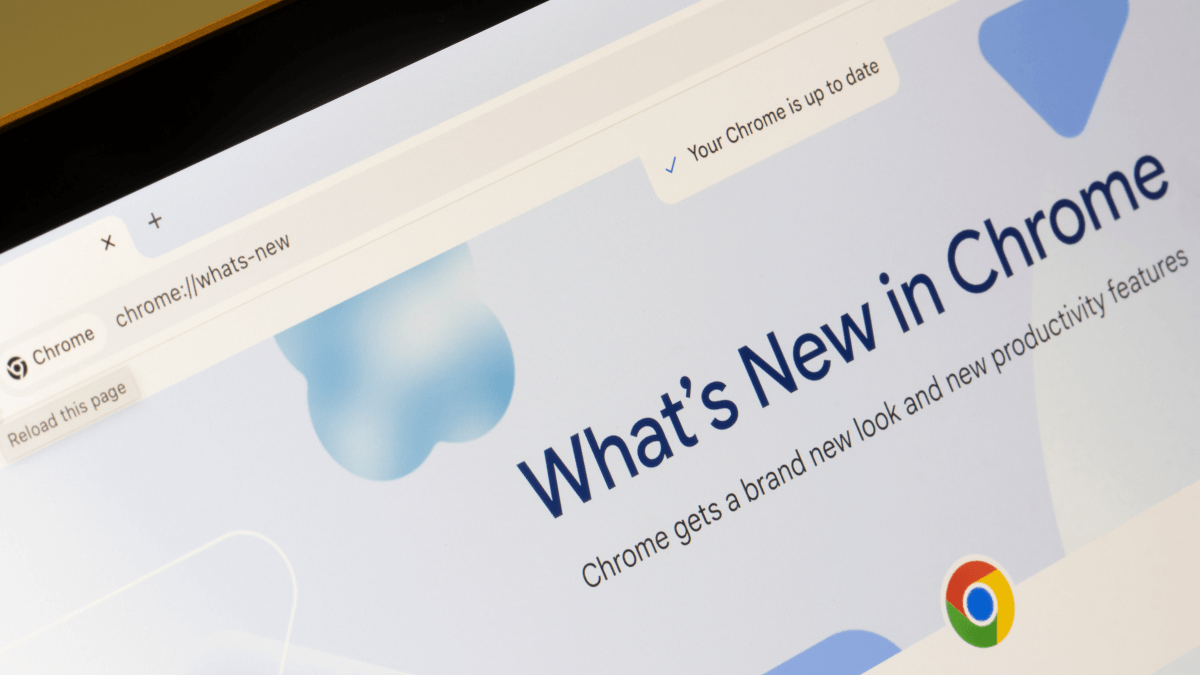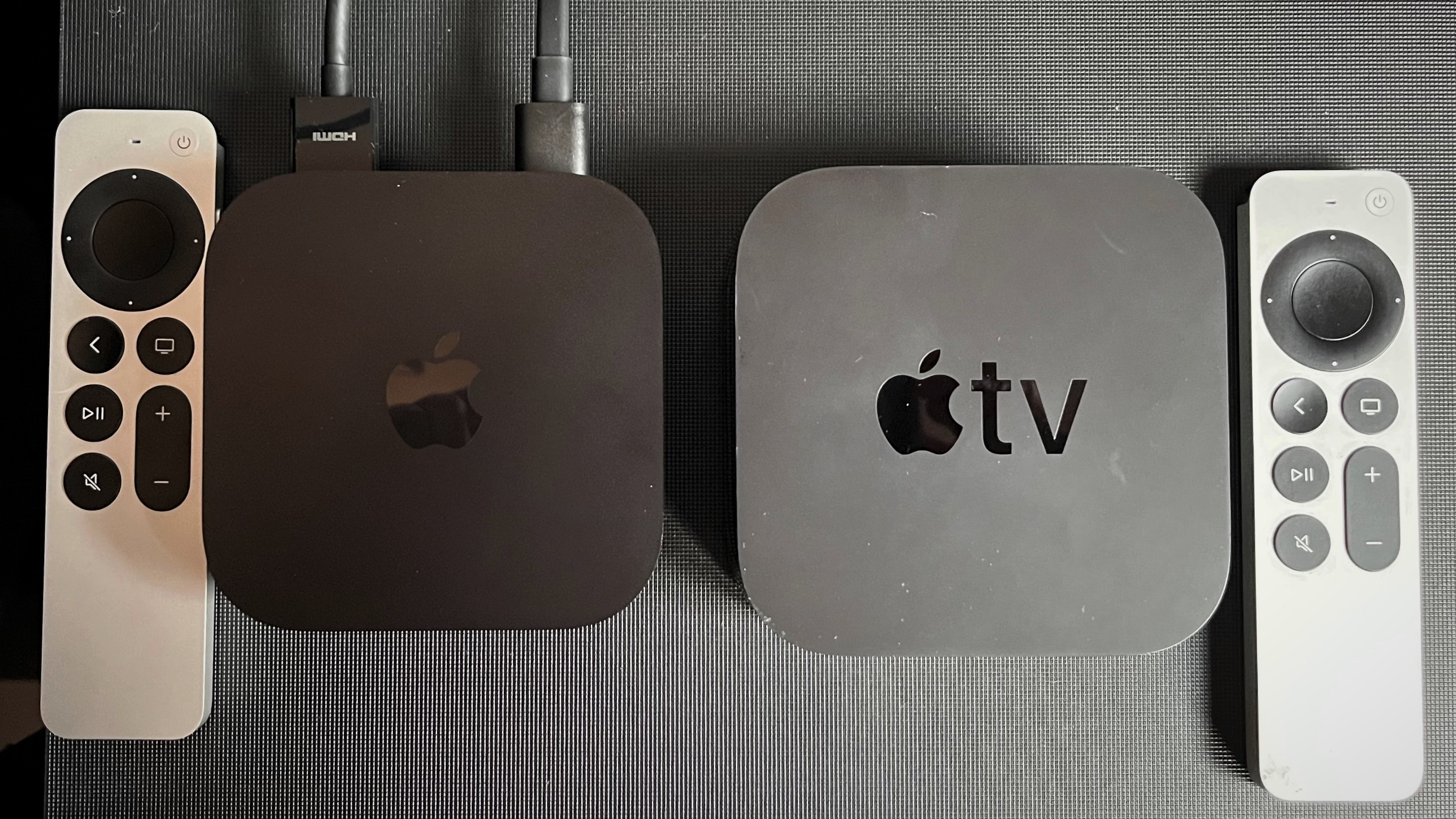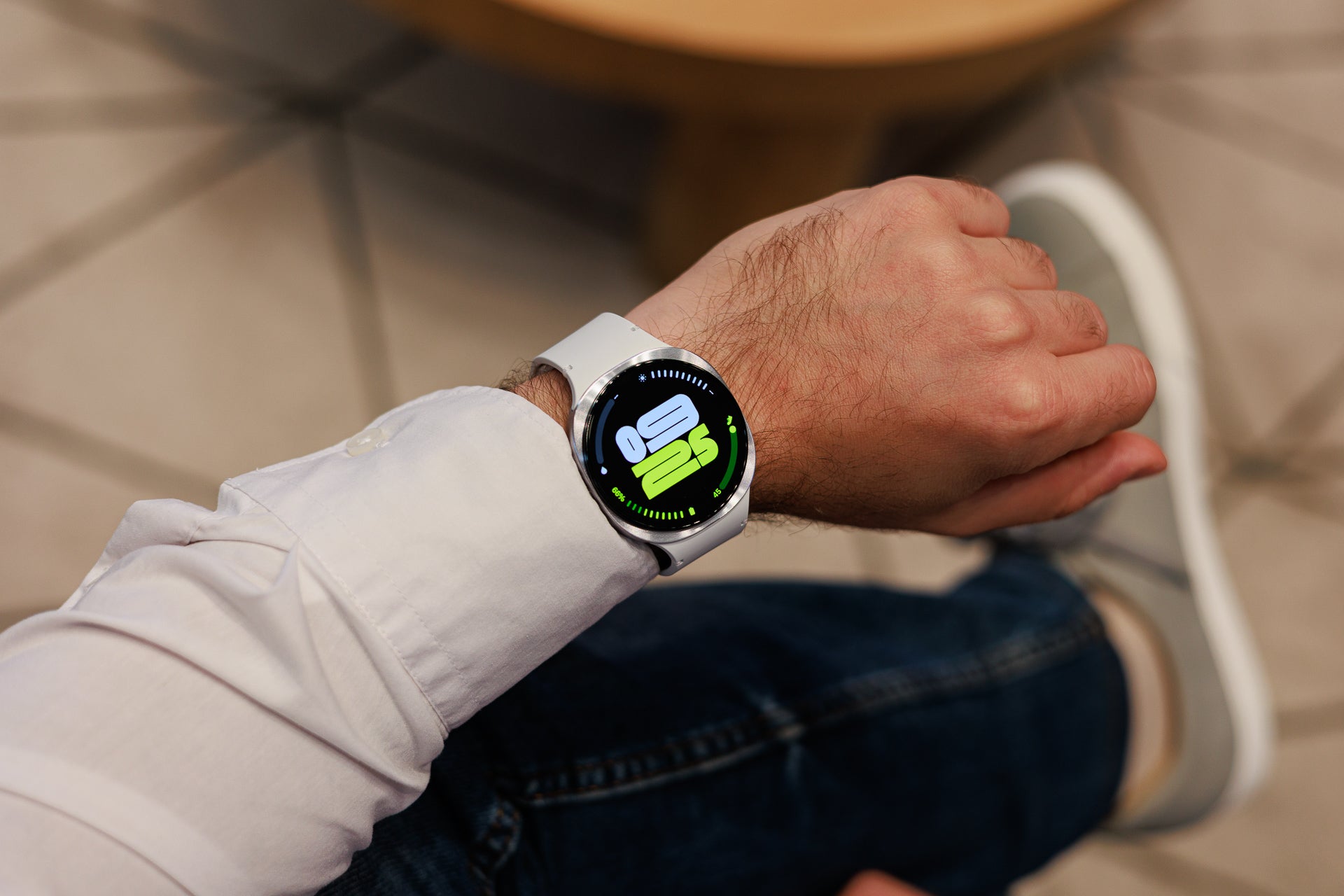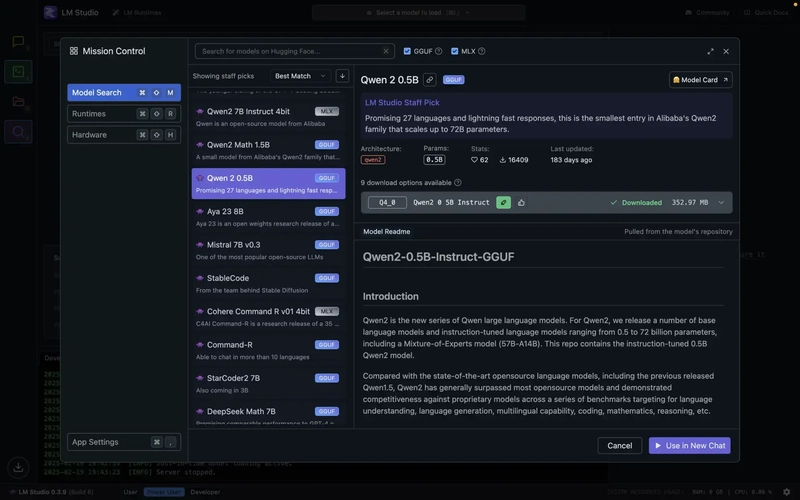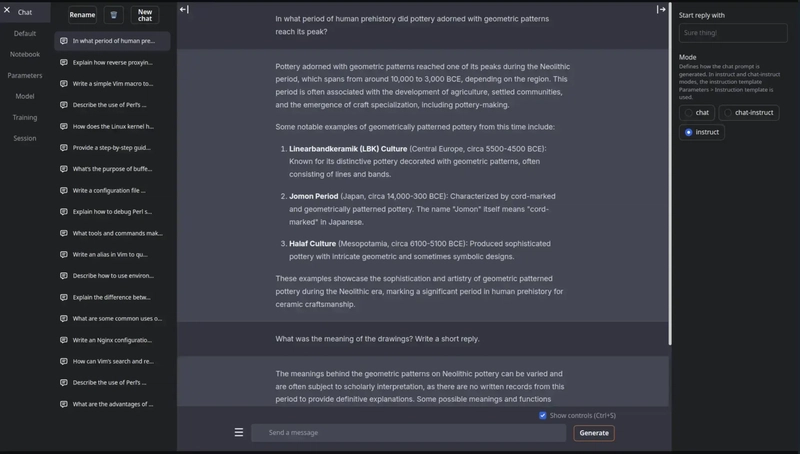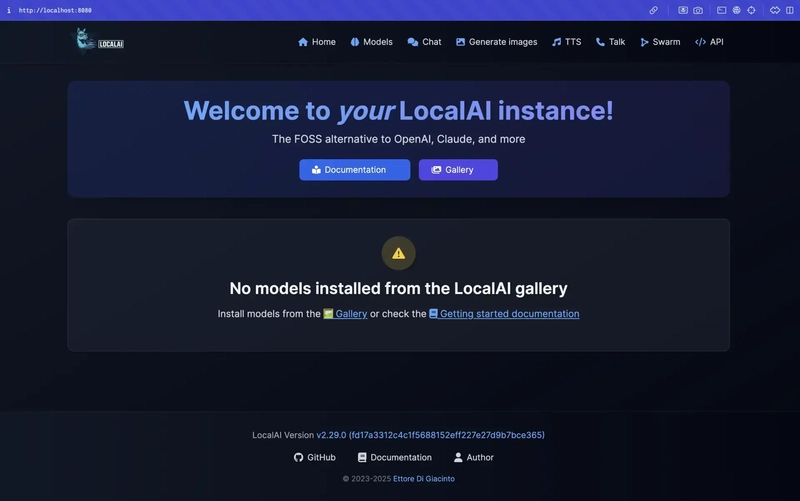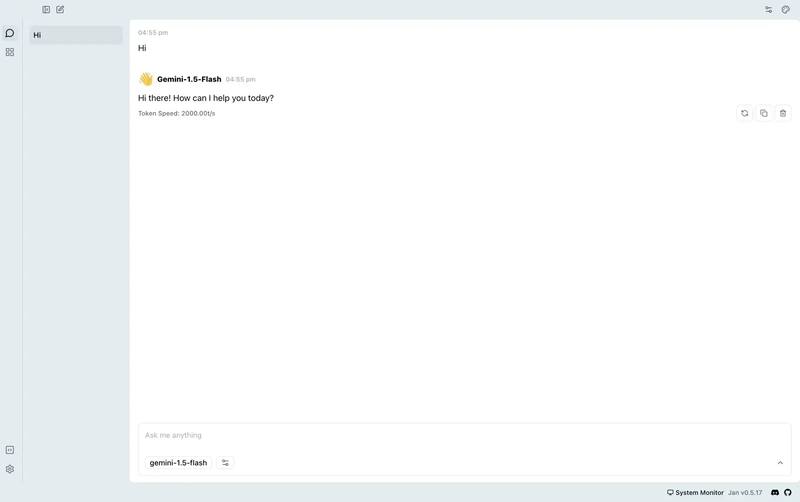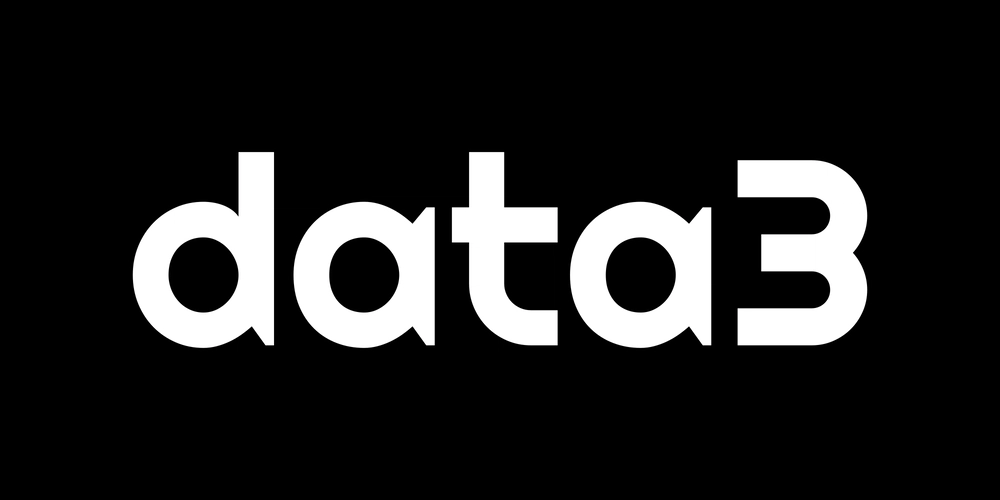Top 5 Local LLM Tools and Models in 2025
Harness powerful AI language models locally in 2025 — for privacy, speed, and cost savings Running Large Language Models (LLMs) locally has become increasingly feasible and popular in 2025. Developers and businesses are turning to self-hosted AI for full data control, zero subscription fees, and offline accessibility. Below, we review the top 5 local LLM tools and models, complete with installation steps and example commands to get you started quickly. Why Run LLMs Locally in 2025? Complete Data Privacy: Your inputs never leave your device. No Subscription Costs: Unlimited use without fees. Offline Operation: Work without internet dependency. Customization: Fine-tune models for niche tasks. Reduced Latency: Faster responses without network delay. Top 5 Local LLM Tools in 2025 1. Ollama Most user-friendly local LLM platform Easy one-line commands to run powerful models Supports 30+ models like Llama 3, DeepSeek, Phi-3 Cross-platform (Windows, macOS, Linux) OpenAI-compatible API Installation & Usage # Download from https://ollama.com/download and install # Run a model directly: ollama run qwen:0.5b # Smaller hardware option: ollama run phi3:mini API example: curl http://localhost:11434/api/chat -d '{ "model": "qwen:0.5b", "messages": [ {"role": "user", "content": "Explain quantum computing in simple terms"} ] }' Best for: Users wanting simple commands with powerful results. 2. LM Studio Best GUI-based solution Intuitive graphical interface for model management Built-in chat with history and parameter tuning OpenAI-compatible API server Installation & Usage Download installer from lmstudio.ai Use the "Discover" tab to browse and download models Chat via the built-in interface or enable the API server in the Developer tab No code snippet — mostly GUI driven Best for: Non-technical users preferring visual controls. 3. text-generation-webui Flexible web UI for various models Easy install with pip or conda Supports multiple backends (GGUF, GPTQ, AWQ) Extensions and knowledge base support Quickstart with portable build: # Download portable build from GitHub Releases # Unzip and run: text-generation-webui --listen Open browser at http://localhost:5000 Download models directly through UI Best for: Users wanting powerful features with a web interface. 4. GPT4All Desktop app optimized for Windows Pre-configured models ready to use Chat interface with conversation memory Local document analysis support Installation & Usage Download app from gpt4all.io Run and download models via built-in downloader Chat directly through the desktop app Best for: Windows users who want a polished desktop experience. 5. LocalAI Developer’s choice for API integration Supports multiple model architectures (GGUF, ONNX, PyTorch) Drop-in OpenAI API replacement Docker-ready for easy deployment Run LocalAI with Docker: # CPU-only: docker run -ti --name local-ai -p 8080:8080 localai/localai:latest-cpu # Nvidia GPU support: docker run -ti --name local-ai -p 8080:8080 --gpus all localai/localai:latest-gpu-nvidia-cuda-12 # Full CPU+GPU image: docker run -ti --name local-ai -p 8080:8080 localai/localai:latest Access model browser at: http://localhost:8080/browse/ Best for: Developers needing flexible, API-compatible local LLM hosting. Bonus Tool: Jan ChatGPT alternative fully offline Powered by Cortex AI engine Runs popular LLMs like Llama, Gemma, Mistral, Qwen locally OpenAI-compatible API and extensible plugin system Installation & Usage Download installer from jan.ai Launch and download models from built-in library Use chat interface or enable API server for integration Best Local LLM Models in 2025 Model Memory Req. Strengths Compatible Tools Llama 3 8B: 16GB General knowledge, reasoning Ollama, LM Studio, LocalAI, Jan 70B: High Commercial-quality performance All tools Phi-3 Mini 4K tokens, 8GB Coding, logic, concise replies All tools DeepSeek Coder (7B) 16GB Programming & debugging Ollama, LM Studio, text-gen-webui, Jan Qwen2 7B / 72B Multilingual, summarization Ollama, LM Studio, LocalAI, Jan Mistral NeMo (8B) 16GB Business, document analysis Ollama, LM Studio, text-gen-webui, Jan Conclusion Local LLM tools have matured greatly in 2025, providing strong alternatives to cloud AI. Whether you want simple command-line usage, graphical interfaces, web UIs, or full developer APIs — there’s a local solution ready for you. Running LLMs locally ensures privacy, zero costs, offline capabilities, and faster response times. References Top 5 Local LLM Tools and Models in 2025 Download Ollama Download LM Studio Download GPT4ALL
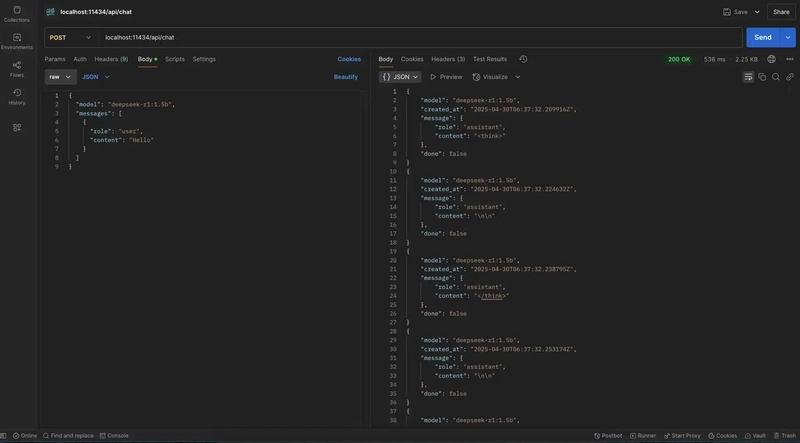
Harness powerful AI language models locally in 2025 — for privacy, speed, and cost savings
Running Large Language Models (LLMs) locally has become increasingly feasible and popular in 2025. Developers and businesses are turning to self-hosted AI for full data control, zero subscription fees, and offline accessibility. Below, we review the top 5 local LLM tools and models, complete with installation steps and example commands to get you started quickly.
Why Run LLMs Locally in 2025?
- Complete Data Privacy: Your inputs never leave your device.
- No Subscription Costs: Unlimited use without fees.
- Offline Operation: Work without internet dependency.
- Customization: Fine-tune models for niche tasks.
- Reduced Latency: Faster responses without network delay.
Top 5 Local LLM Tools in 2025
1. Ollama
Most user-friendly local LLM platform
- Easy one-line commands to run powerful models
- Supports 30+ models like Llama 3, DeepSeek, Phi-3
- Cross-platform (Windows, macOS, Linux)
- OpenAI-compatible API
Installation & Usage
# Download from https://ollama.com/download and install
# Run a model directly:
ollama run qwen:0.5b
# Smaller hardware option:
ollama run phi3:mini
API example:
curl http://localhost:11434/api/chat -d '{
"model": "qwen:0.5b",
"messages": [
{"role": "user", "content": "Explain quantum computing in simple terms"}
]
}'

Best for: Users wanting simple commands with powerful results.
2. LM Studio
Best GUI-based solution
- Intuitive graphical interface for model management
- Built-in chat with history and parameter tuning
- OpenAI-compatible API server
Installation & Usage
Download installer from lmstudio.ai
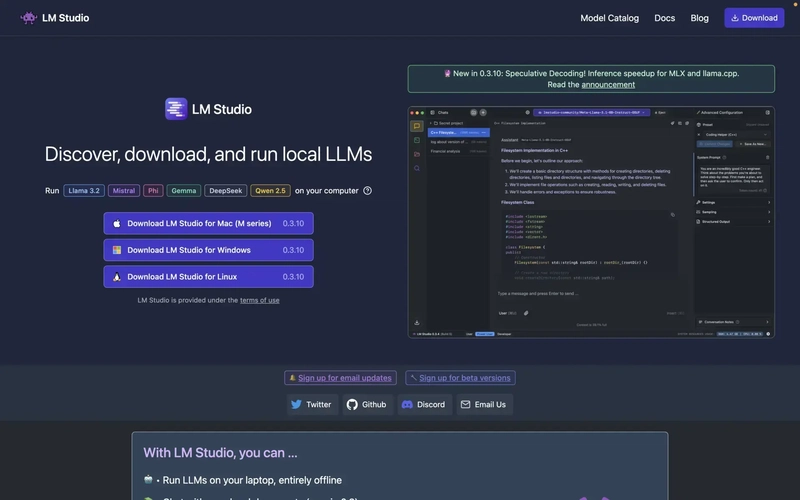
Use the "Discover" tab to browse and download models
- Chat via the built-in interface or enable the API server in the Developer tab
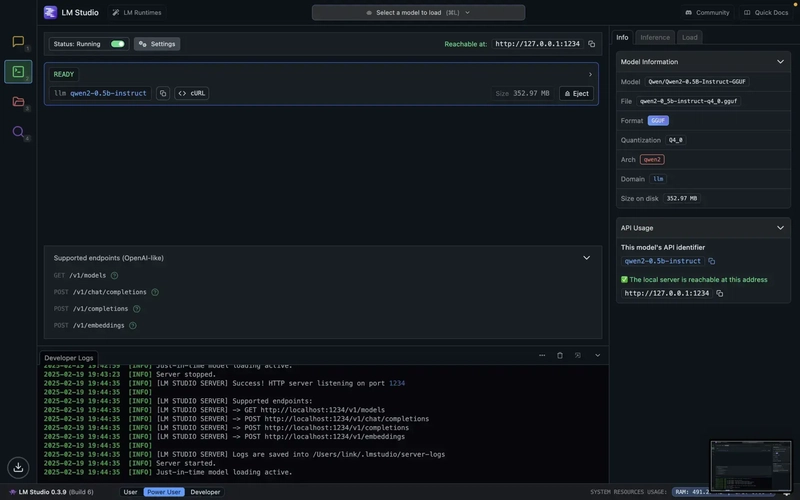
No code snippet — mostly GUI driven
Best for: Non-technical users preferring visual controls.
3. text-generation-webui
Flexible web UI for various models
- Easy install with pip or conda
- Supports multiple backends (GGUF, GPTQ, AWQ)
- Extensions and knowledge base support
Quickstart with portable build:
# Download portable build from GitHub Releases
# Unzip and run:
text-generation-webui --listen
- Open browser at
http://localhost:5000 - Download models directly through UI
Best for: Users wanting powerful features with a web interface.
4. GPT4All
Desktop app optimized for Windows
- Pre-configured models ready to use
- Chat interface with conversation memory
- Local document analysis support
Installation & Usage
- Download app from gpt4all.io
- Run and download models via built-in downloader
- Chat directly through the desktop app
Best for: Windows users who want a polished desktop experience.
5. LocalAI
Developer’s choice for API integration
- Supports multiple model architectures (GGUF, ONNX, PyTorch)
- Drop-in OpenAI API replacement
- Docker-ready for easy deployment
Run LocalAI with Docker:
# CPU-only:
docker run -ti --name local-ai -p 8080:8080 localai/localai:latest-cpu
# Nvidia GPU support:
docker run -ti --name local-ai -p 8080:8080 --gpus all localai/localai:latest-gpu-nvidia-cuda-12
# Full CPU+GPU image:
docker run -ti --name local-ai -p 8080:8080 localai/localai:latest
- Access model browser at:
http://localhost:8080/browse/
Best for: Developers needing flexible, API-compatible local LLM hosting.
Bonus Tool: Jan
ChatGPT alternative fully offline
- Powered by Cortex AI engine
- Runs popular LLMs like Llama, Gemma, Mistral, Qwen locally
- OpenAI-compatible API and extensible plugin system
Installation & Usage
- Download installer from jan.ai
- Launch and download models from built-in library
- Use chat interface or enable API server for integration
Best Local LLM Models in 2025
| Model | Memory Req. | Strengths | Compatible Tools |
|---|---|---|---|
| Llama 3 | 8B: 16GB | General knowledge, reasoning | Ollama, LM Studio, LocalAI, Jan |
| 70B: High | Commercial-quality performance | All tools | |
| Phi-3 Mini | 4K tokens, 8GB | Coding, logic, concise replies | All tools |
| DeepSeek Coder (7B) | 16GB | Programming & debugging | Ollama, LM Studio, text-gen-webui, Jan |
| Qwen2 | 7B / 72B | Multilingual, summarization | Ollama, LM Studio, LocalAI, Jan |
| Mistral NeMo (8B) | 16GB | Business, document analysis | Ollama, LM Studio, text-gen-webui, Jan |
Conclusion
Local LLM tools have matured greatly in 2025, providing strong alternatives to cloud AI. Whether you want simple command-line usage, graphical interfaces, web UIs, or full developer APIs — there’s a local solution ready for you. Running LLMs locally ensures privacy, zero costs, offline capabilities, and faster response times.



















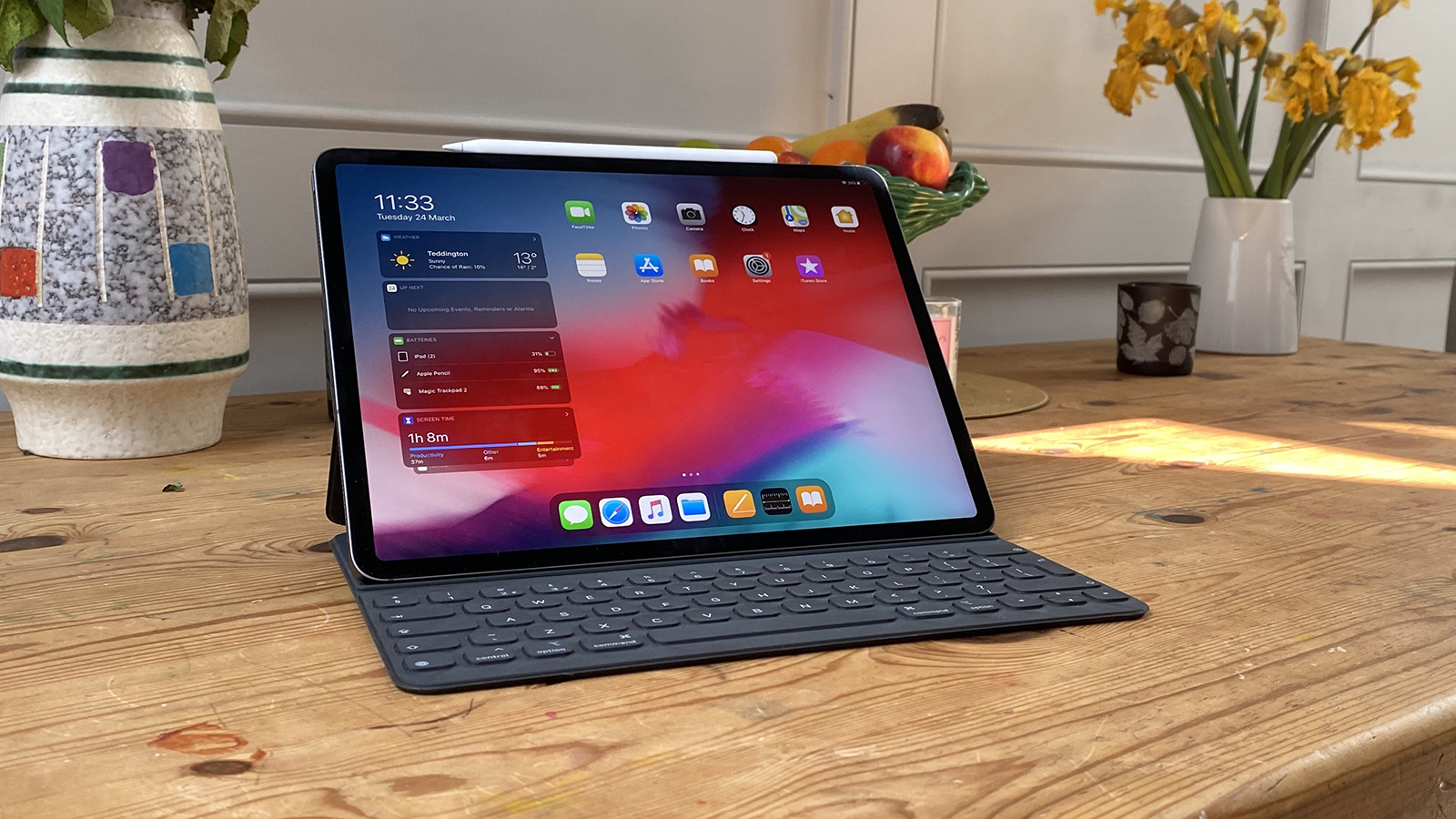









































.jpg)
















































































































![[The AI Show Episode 151]: Anthropic CEO: AI Will Destroy 50% of Entry-Level Jobs, Veo 3’s Scary Lifelike Videos, Meta Aims to Fully Automate Ads & Perplexity’s Burning Cash](https://www.marketingaiinstitute.com/hubfs/ep%20151%20cover.png)





















































































































![[DEALS] Internxt Cloud Storage: Lifetime Subscription (85% off) & Other Deals Up To 98% Off – Offers End Soon!](https://www.javacodegeeks.com/wp-content/uploads/2012/12/jcg-logo.jpg)



![From electrical engineering student to CTO with Hitesh Choudhary [Podcast #175]](https://cdn.hashnode.com/res/hashnode/image/upload/v1749158756824/3996a2ad-53e5-4a8f-ab97-2c77a6f66ba3.png?#)































































.jpg?width=1920&height=1920&fit=bounds&quality=70&format=jpg&auto=webp#)





















































.jpg?width=1920&height=1920&fit=bounds&quality=70&format=jpg&auto=webp#)




















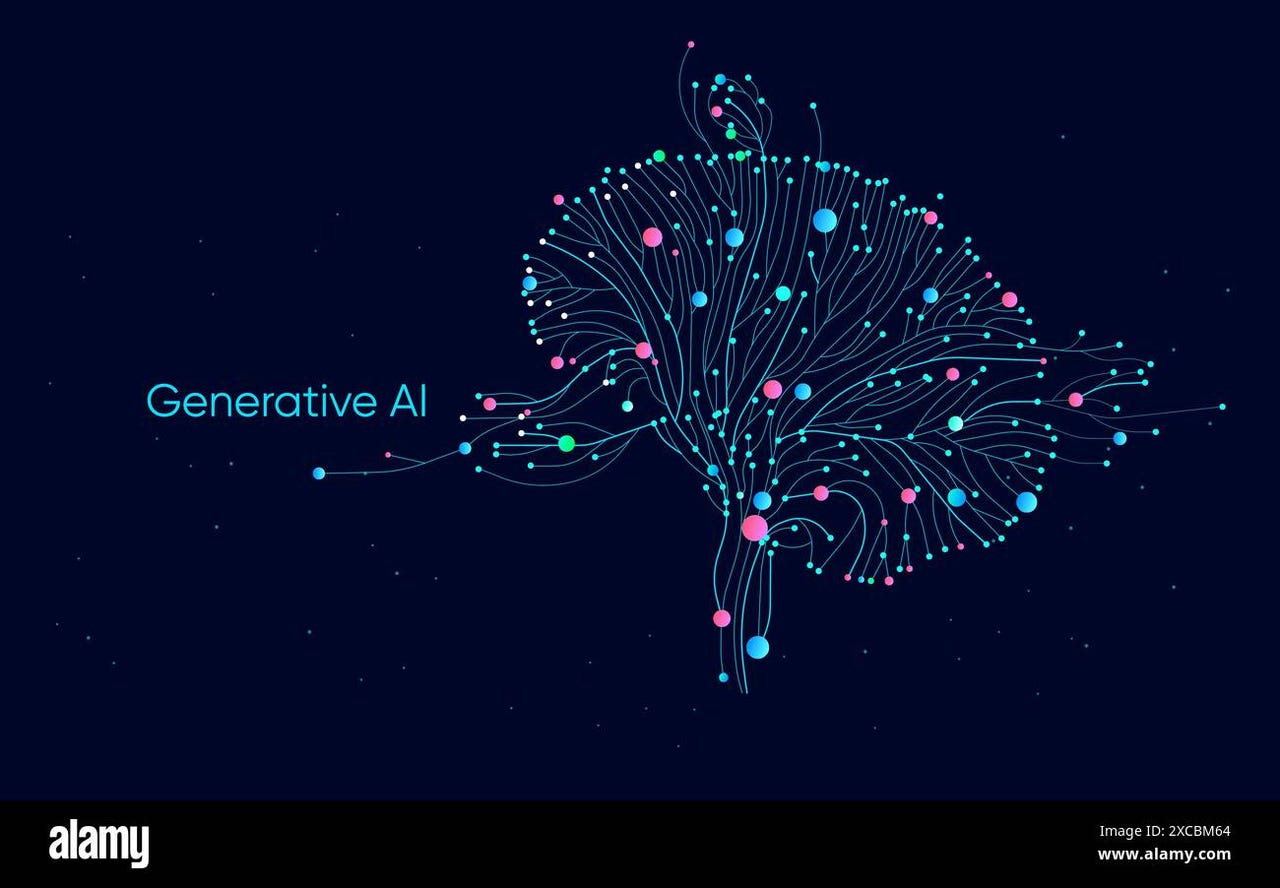


_Michael_Vi_Alamy.jpg?width=1280&auto=webp&quality=80&disable=upscale#)

















































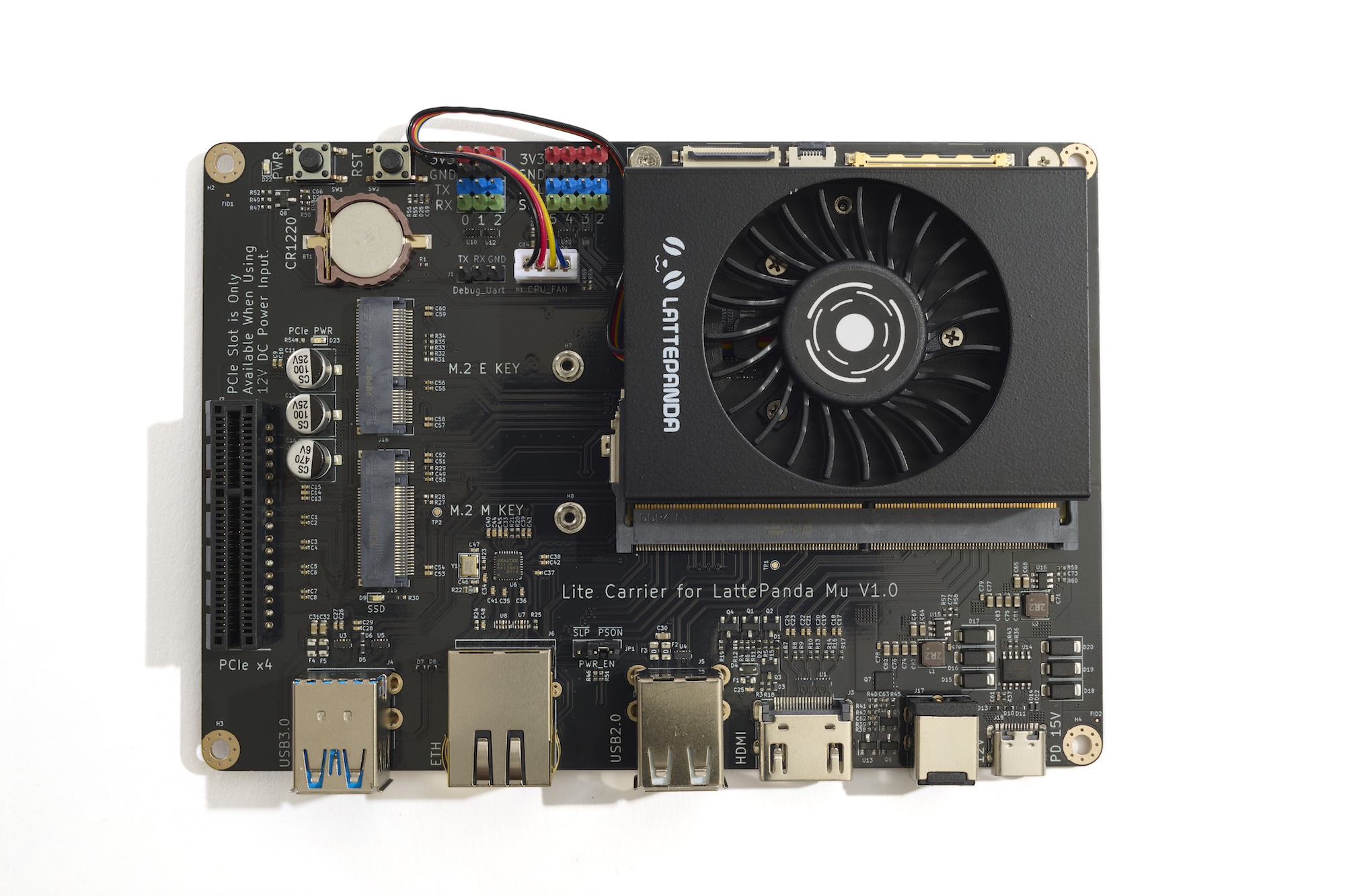



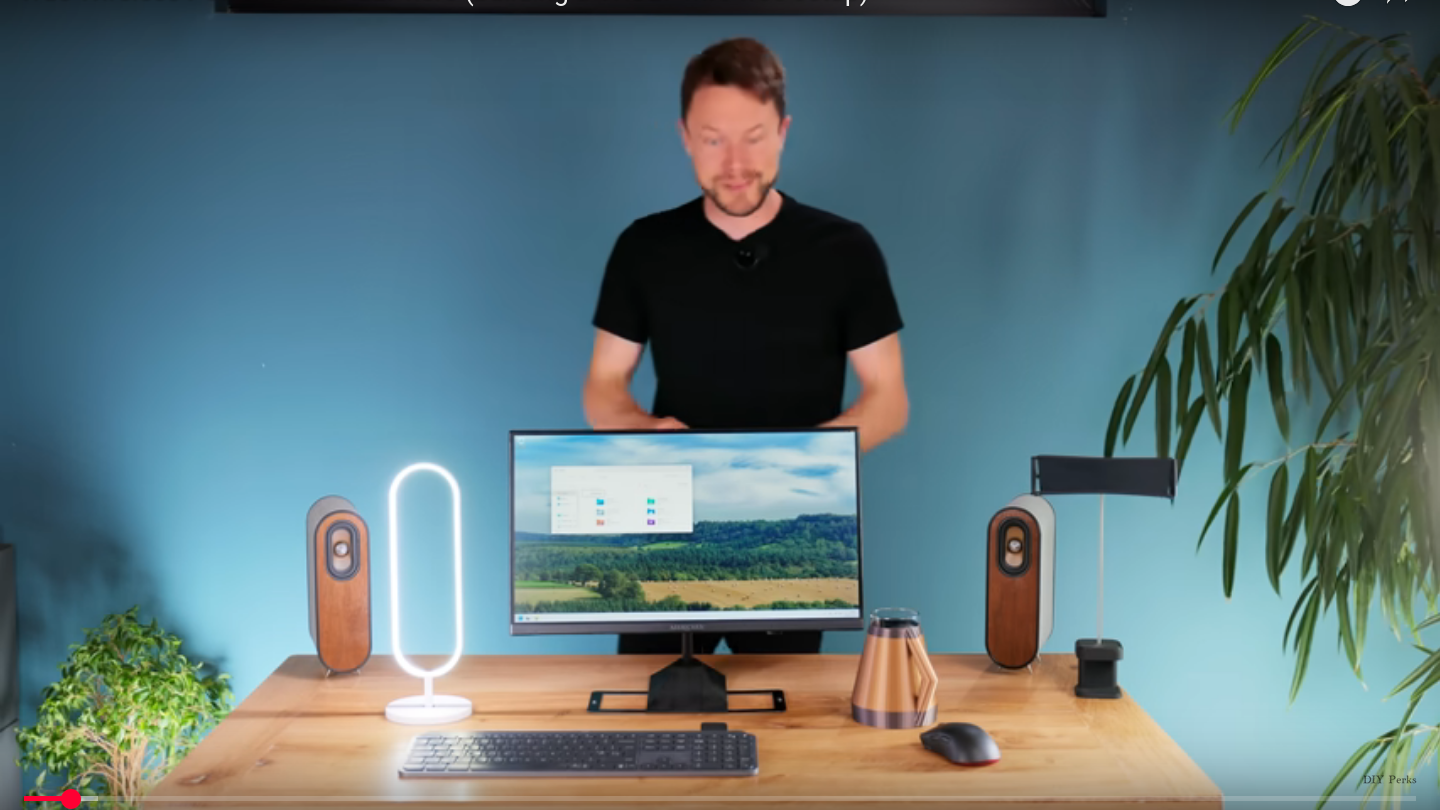



























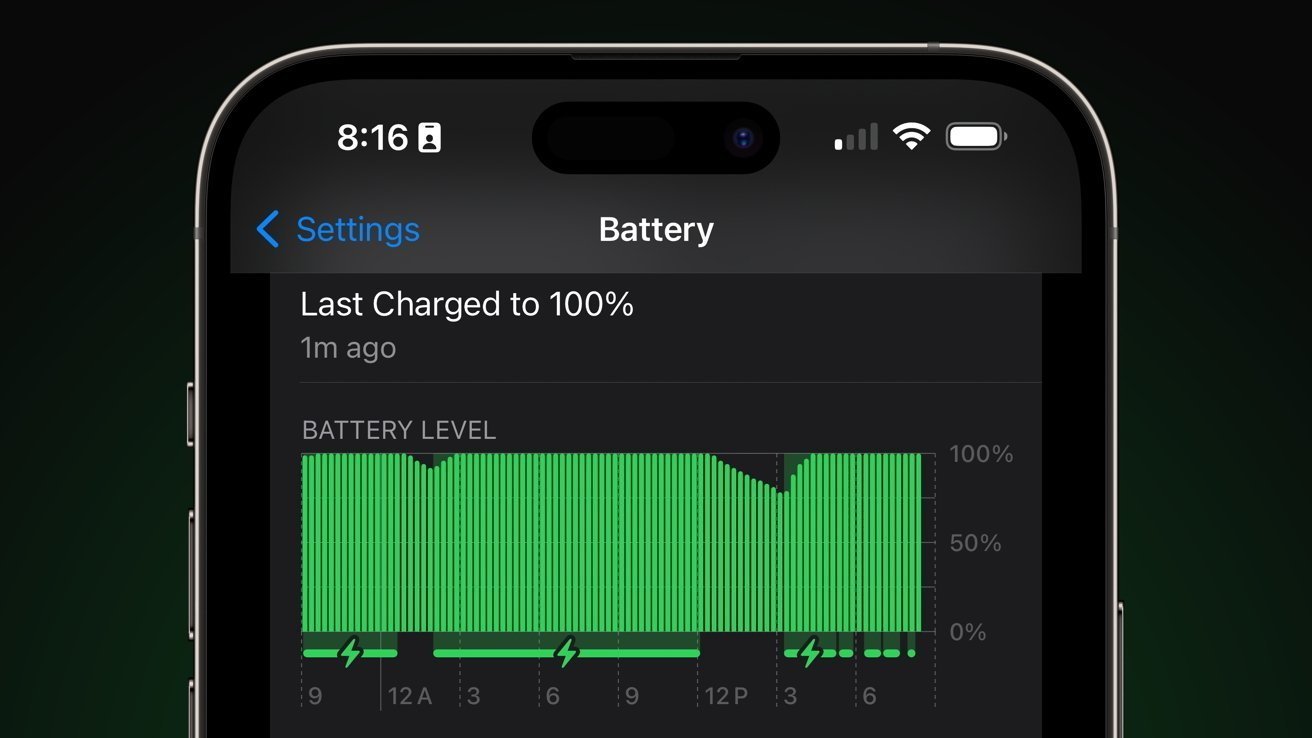

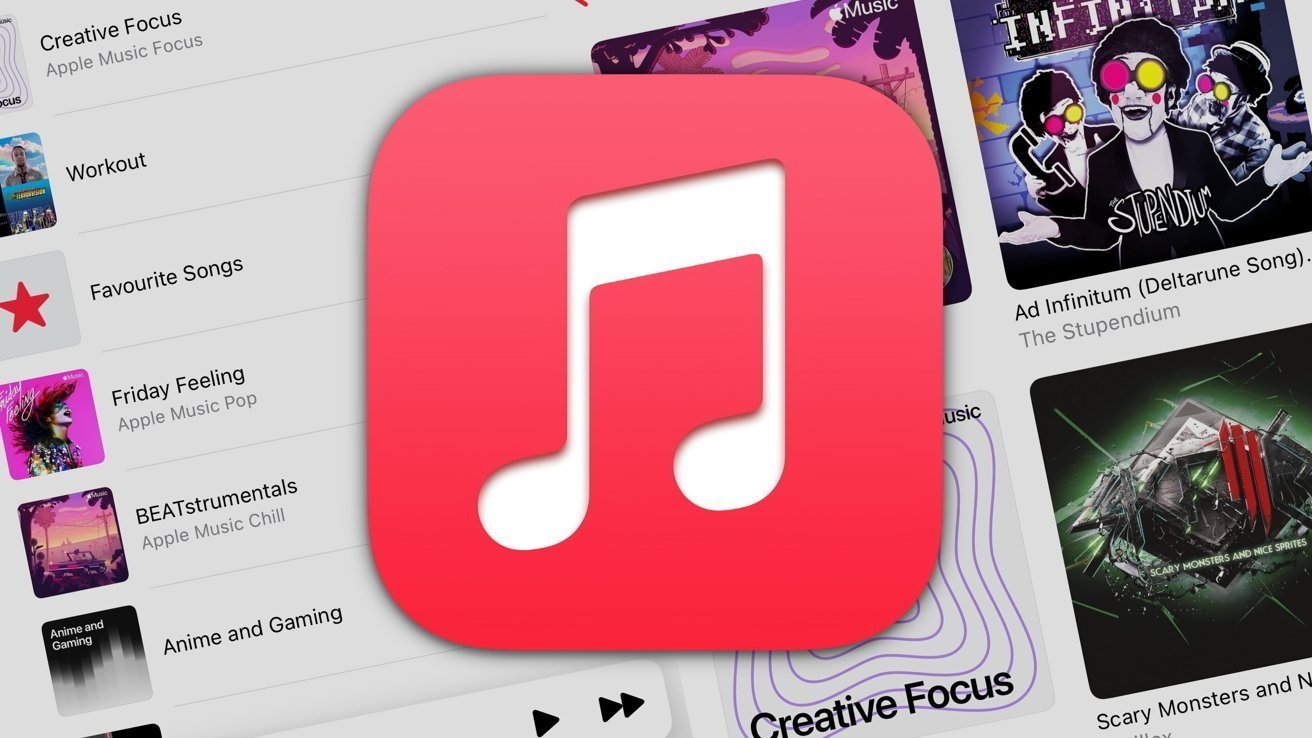

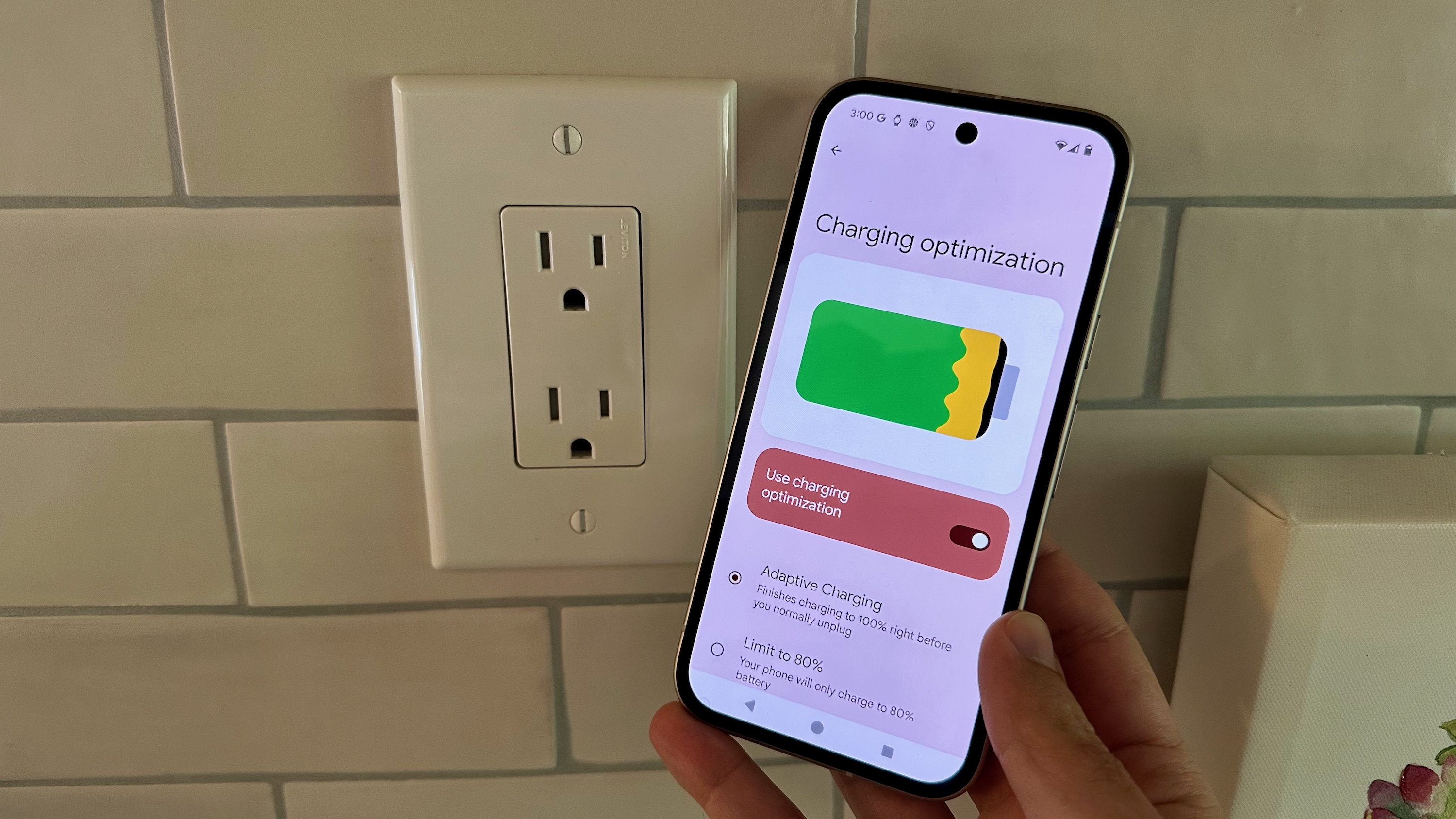

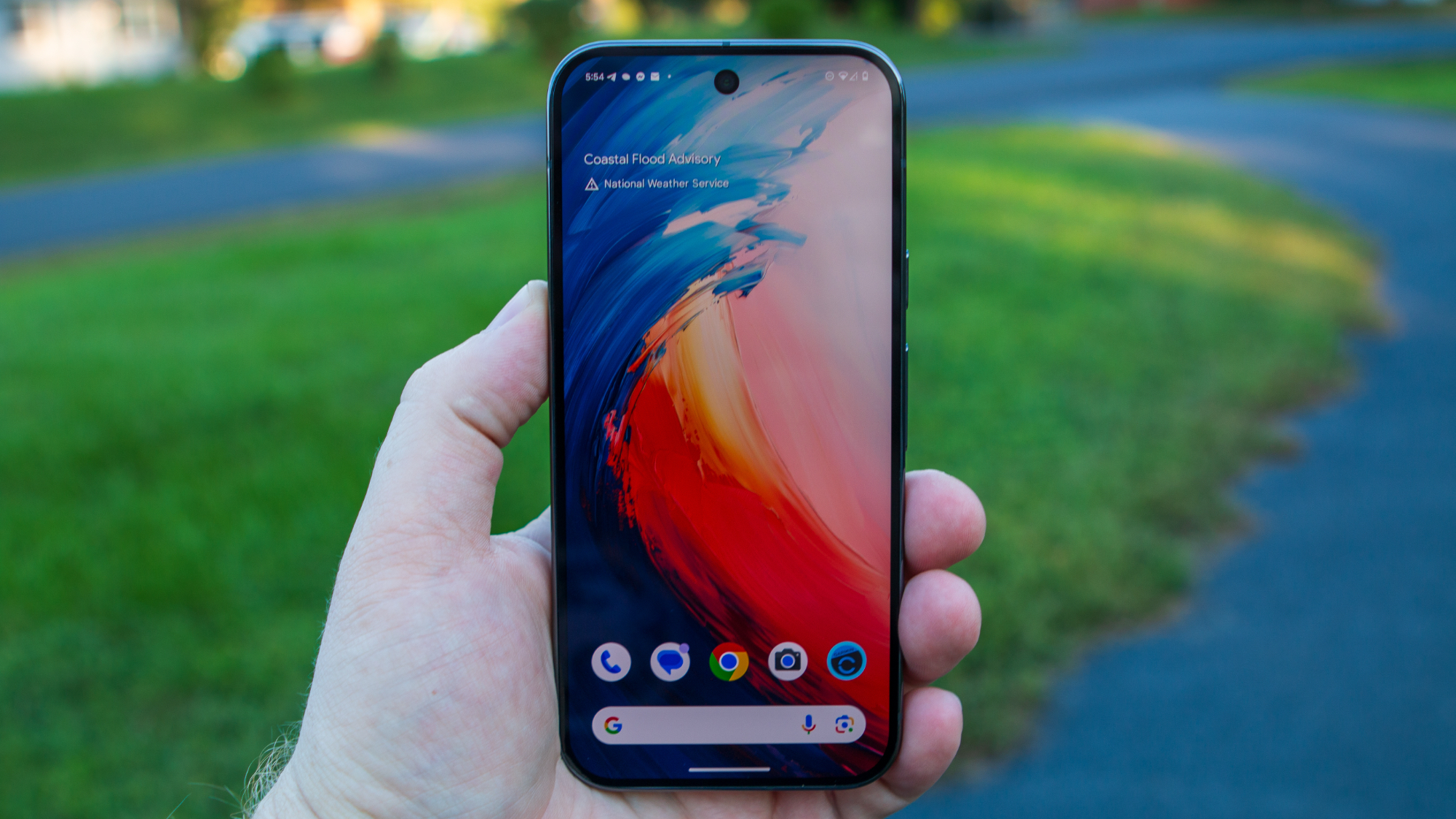








![Google Messages rolls out taller, 14-line text field [U]](https://i0.wp.com/9to5google.com/wp-content/uploads/sites/4/2024/06/Google-Messages-2.jpg?resize=1200%2C628&quality=82&strip=all&ssl=1)









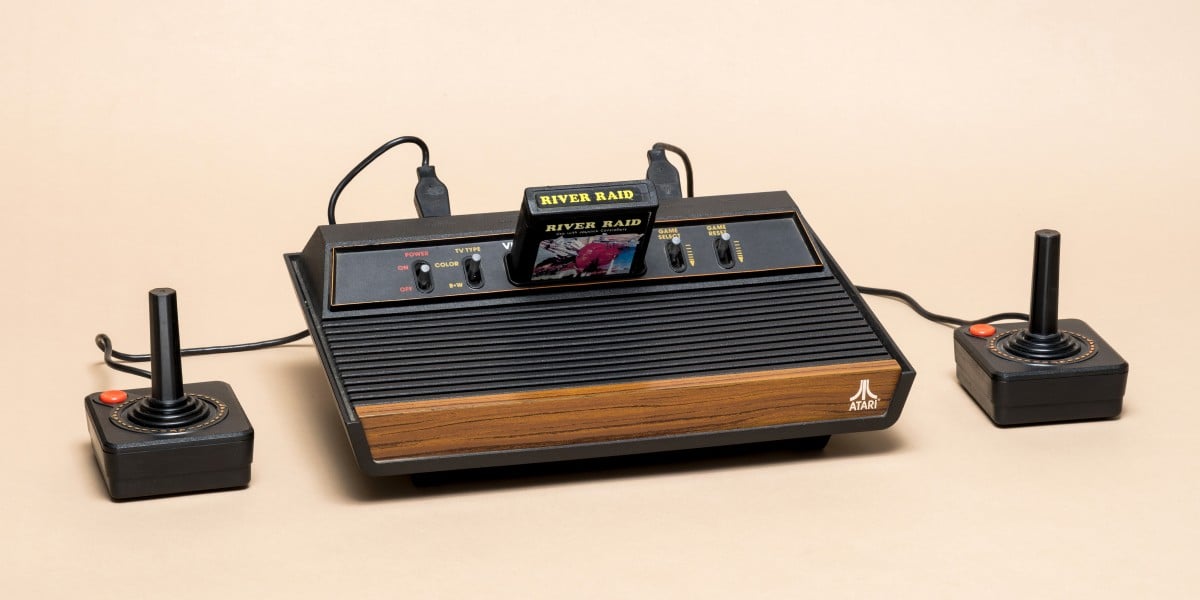




![Apple Planning Futuristic 'Glasswing' iPhone With Curved Glass and No Cutouts [Gurman]](https://www.iclarified.com/images/news/97534/97534/97534-640.jpg)




